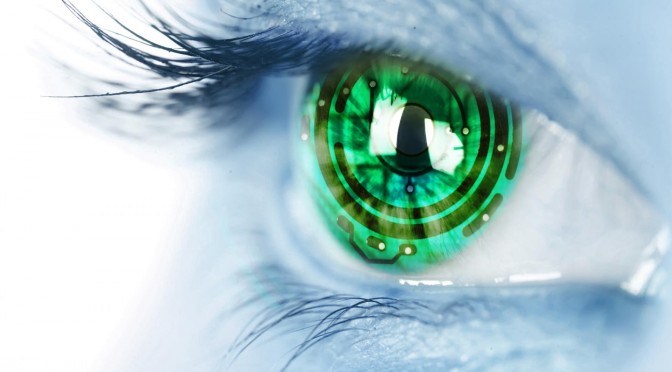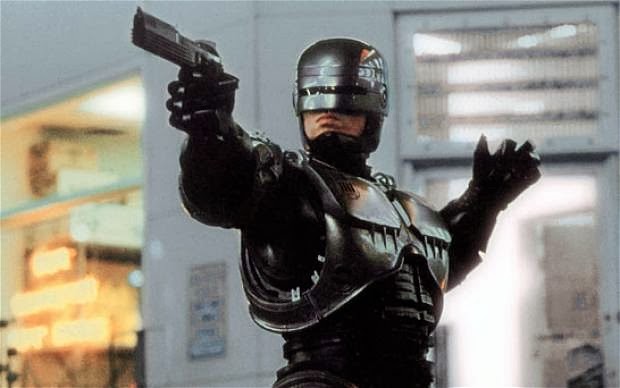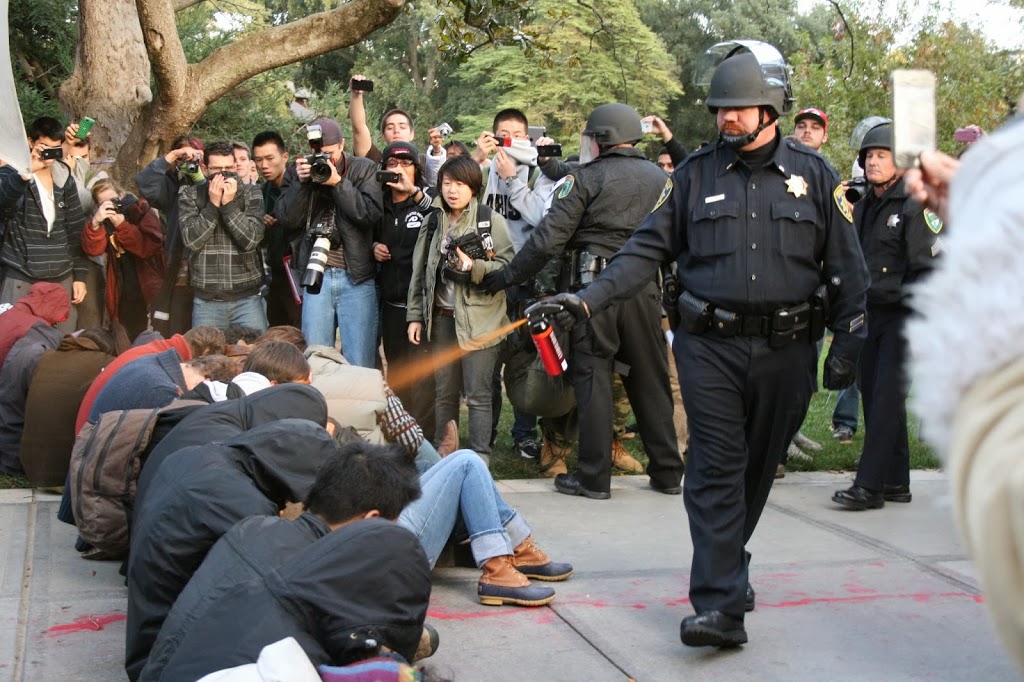The future is uncertain, and everyone’s opinion of it is different. But so are the things people envision when they think of the future. Why do people feel so passionately for or against something as simple as tomorrow?
Sometimes it’s because the things they see when they think of that “tomorrow” are things they don’t quite agree with. Progress means change and sometimes change can be uncomfortable, even bad. But rarely do we know that something is a bad thing until it has already happened. We like to think that we’re fairly good at predicting the future. But really we’re not and that has a negative effect on our world view. Studies have shown people with more conservative tendencies have a larger fear center in their brain, meaning there’s a chance that our desire to avoid change is less about rational thought and more about fear of losing what we already have.
Of course, when you talk about fearing the future and fearing what could be lost, there is no more fundamental fear than losing ourselves. One of the most hotly debated issues when it comes up relates to the future of us and our relationship with scientific advancements. What will we be like “tomorrow”? Will we still be compassionate? Will we be caring? Will we still even be human?
The Future of Humanity?
Scientific developments impacting humanity are a dangerous issue to approach in some circles. Science fiction fans, scientists and even just the optimistic will look on the things coming in the future and see the ending of so many problems in our society. But you cannot deny when we look at some things we’ll be capable of doing to ourselves in the coming decades, definitely within our lifetimes, that these things are the greatest departure from “normal” and “safe” to have ever been taken by the human race.
Somewhat recently, Senator Rand Paul was caught lifting apart of his speech from the Wikipedia summary of the movie Gattaca. This became a controversial issue because he never cited the fact he lifted it from a source and the source he lifted it from happened to be Wikipedia of all places. But what a lot of people glossed over was how he was using the premise of Gattaca in relation to abortion rights and Eugenics. Anyone who has ever seen the movie Gattaca knows that it has nothing to do with those things and that it’s more an allegory for undue racism than for dystopian eugenics. Vincent wasn’t aborted for being imperfect; he was discriminated against and went on to prove that our innate humanity can overcome even the greatest of challenges.
Half of you right now just had a knee-jerk reaction to that where part of you just questioned my intelligence. “But what about all of the atrocities,” you likely asked. We’ve done horrible things with new technological advancements over the years. Nuclear weapons and the giant mushroom clouds they created have burned into our minds the notion that we are capable of casually casting aside human lives. Even Albert Einstein is attributed to having said:
“It has become appallingly clear that our technology has surpassed our humanity.”
The very fact you care, and that Einstein cared, proves my point. We as a species are capable of great cruelty, but we have never been so callous as to ignore those things completely. Save for a few individuals that draw our attention and our scorn, humanity cares for the well-being of their fellow man. We don’t like hurting each other, we feel guilt and sympathy for the people we’ve harmed, but there is a more driving fear that we could come to harm ourselves. That fear, that lack of certainty, is the root of our apathy towards each other.
And it doesn’t end with genetic engineering. Recent developments in cybernetics has shown that we’re on the verge of fully functional replacement limbs. And everyone can agree that this is a good thing. But when you start to look into the concept of connecting our minds to computers the public opinion becomes cloudier. What happens when the thing that makes us who we are can be connected to a machine? There is a belief that we could start to lose what makes us human when we start to become integrated fully with the cold, unfeeling machines. Even our fiction looks at the potential of losing our sense of identity or even our “soul”.
But these same stories often show the other side of that coin. Ghost in the Shell speaks quite eloquently of the idea that the concept of humanity won’t go away, just evolve. The sequels of the Robocop movies address the fact that the machine isn’t what makes him an effective officer, his humanity is. And, with luck, the remake might even do the same. But is this actually what the future looks like? Would a cyborg police officer really be a paragon of justice or would he be prone to corruption and brutality unlike anything a modern officer is capable of? Without that humanity, some think it may be the latter, and considering the things that have been carried out by modern police officers, that can be a terrifying thought.
But is that really the direction we would go?
Recent studies have shown that, when human beings are put in a position where they have less to fear from their environment, they will become more inclined to help others. Frankly, they proved in their study group that if you were to give someone superpowers, they would be emotionally inclined to be superheroes rather than villains. But why?
Think about it, why do you get angry or hateful towards others? What exactly is it that you emotionally respond to? At the root of everything, all things that you hate or fear have somehow made your life less comfortable. They have, no matter how lightly, made your life harder and threatened your well-being. And, in the end, that is what we truly hate. In fact, one could argue that when these engineered people come into being, they will suffer from hate by those who lack the advantages they have. Hell, I wrote some books touching on these subjects.
So what happens when we come to the point where we no longer have to fear being sick, injured or disabled? What happens when we can be given perfect health, replace lost limbs with cybernetics and see our world with greater clarity brought on by a lack of fear?
Humanity can be a beautiful thing.
(By the way, for all the horrible human rights stories happening there lately, all these clips were from Russia. You can find noble souls everywhere. That’s why my books are mostly hopeful.)












One thought on “Trans-humanism”
Comments are closed.